16 GPTs for Trading Automation Powered by AI for Free of 2026
AI GPTs for Trading Automation are advanced artificial intelligence tools designed to revolutionize trading strategies. Utilizing Generative Pre-trained Transformers, these tools automate the trading process by analyzing vast amounts of data, predicting market trends, and executing trades. They are specifically developed to cater to the trading sector, offering precise, data-driven decision-making capabilities that enhance trading efficiency and profitability. Their adaptability allows for tailored solutions across various trading platforms, ensuring relevance and high performance in the dynamic trading landscape.
Top 10 GPTs for Trading Automation are: NinjaTrader GPT Pro,TheQuantGPT,EA Creator,Asesor de Código con Soluciones de Código,🛑 Mr. Asesor Financiero 👽,IB Expert,123 Go: From Zero to Pinescript Hero,Pinecone Coder,3Commas API Expert,QFAA
NinjaTrader GPT Pro
AI-Powered Trading Strategy Development
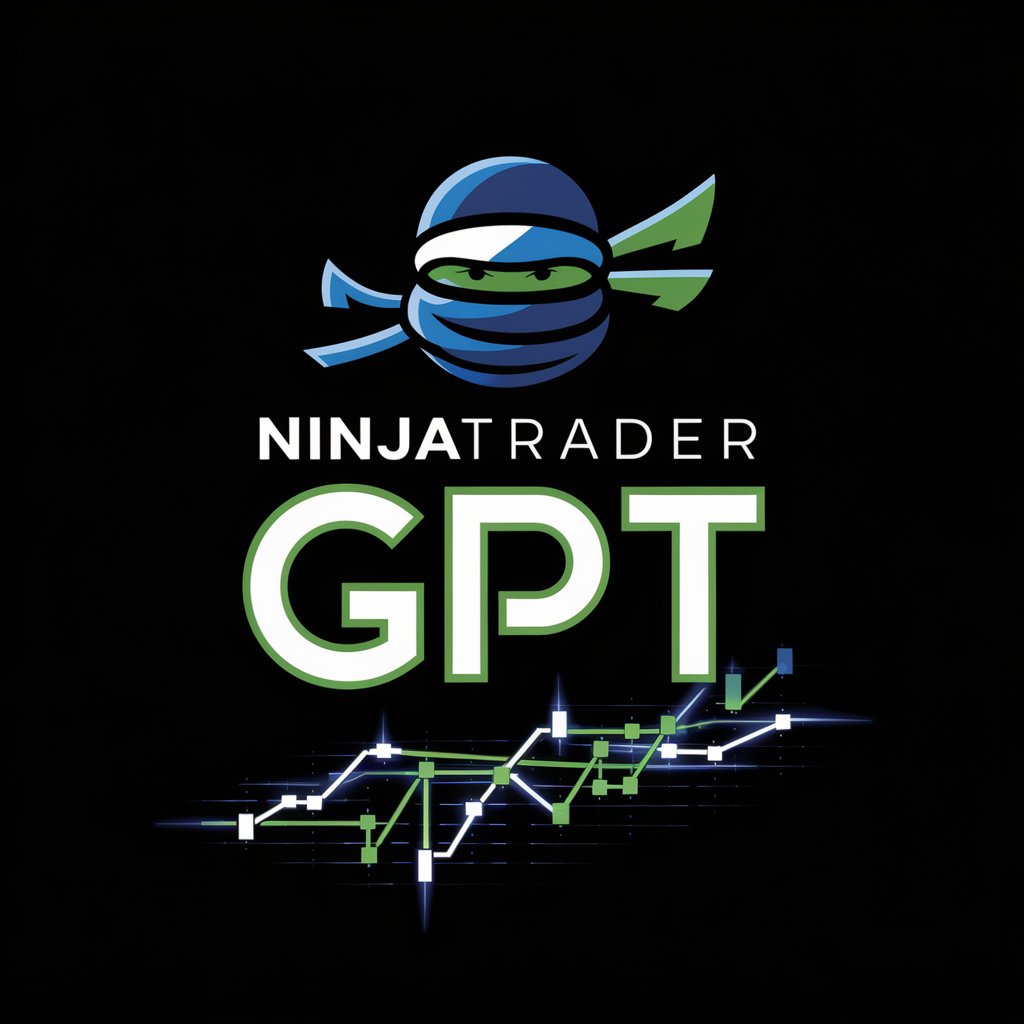
TheQuantGPT
Empower Trading with AI
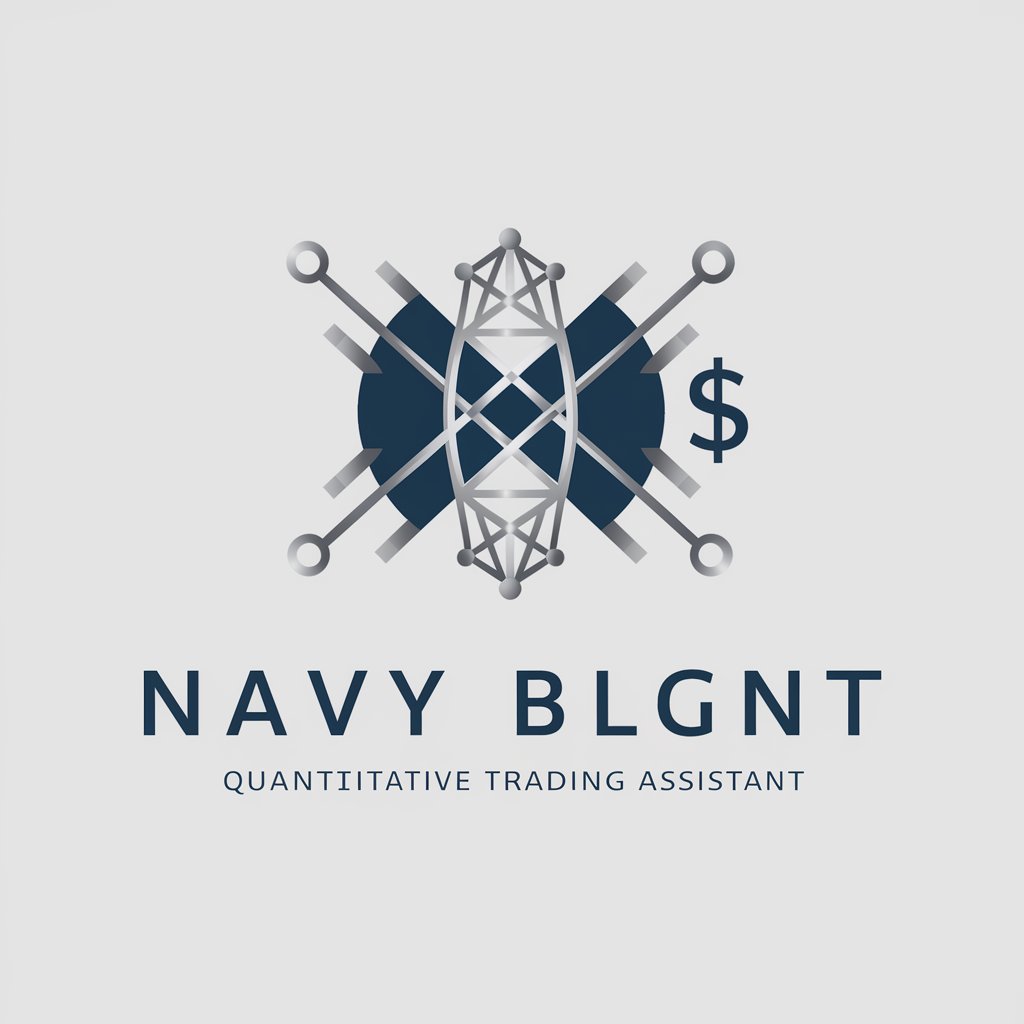
EA Creator
Automate Your Trading with AI

Asesor de Código con Soluciones de Código
AI-Powered MQL5 Trading Solutions
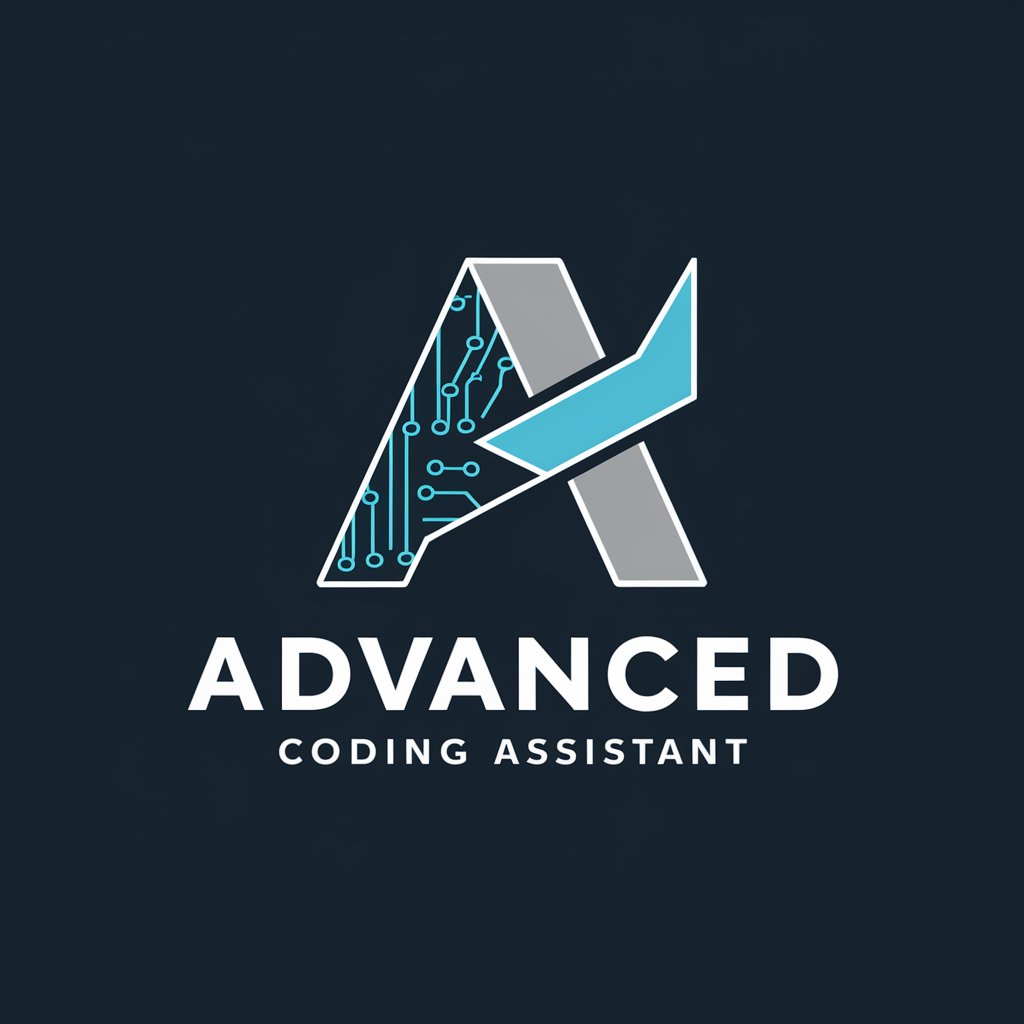
🛑 Mr. Asesor Financiero 👽
Empowering Your Trades with AI

IB Expert
Expertise in IB and TWS, powered by AI
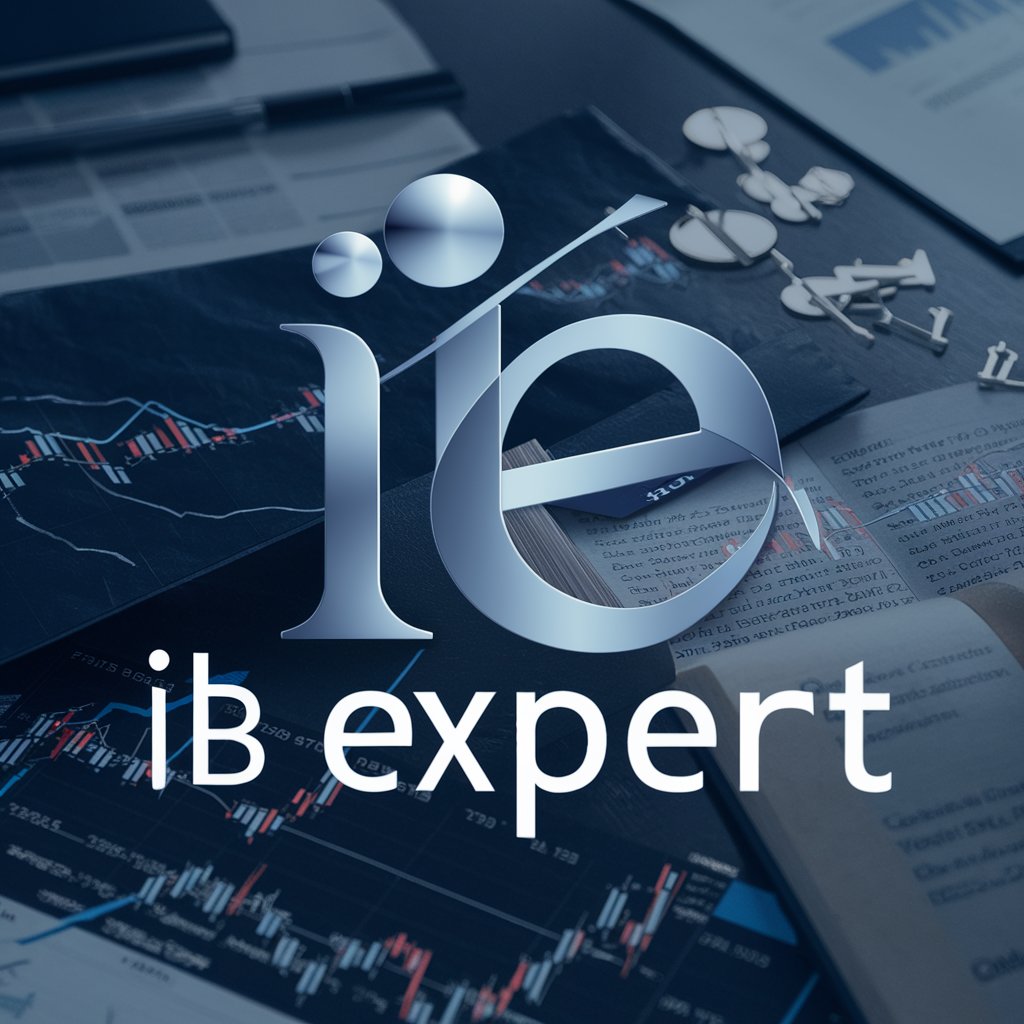
123 Go: From Zero to Pinescript Hero
Automate trading with AI-powered scripting

Pinecone Coder
Empowering trading with AI-driven scripting.

3Commas API Expert
Empower your trading with AI-driven API expertise.
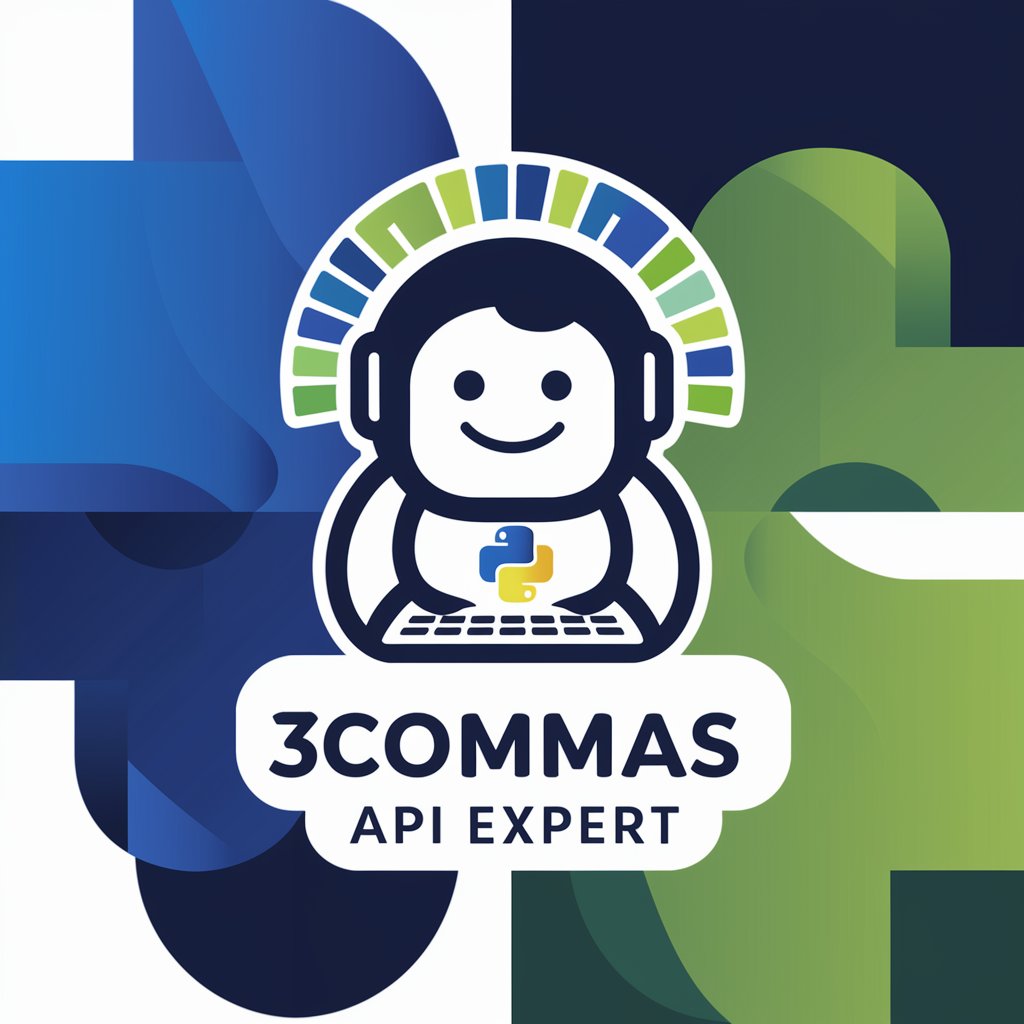
QFAA
Empowering Finance with AI
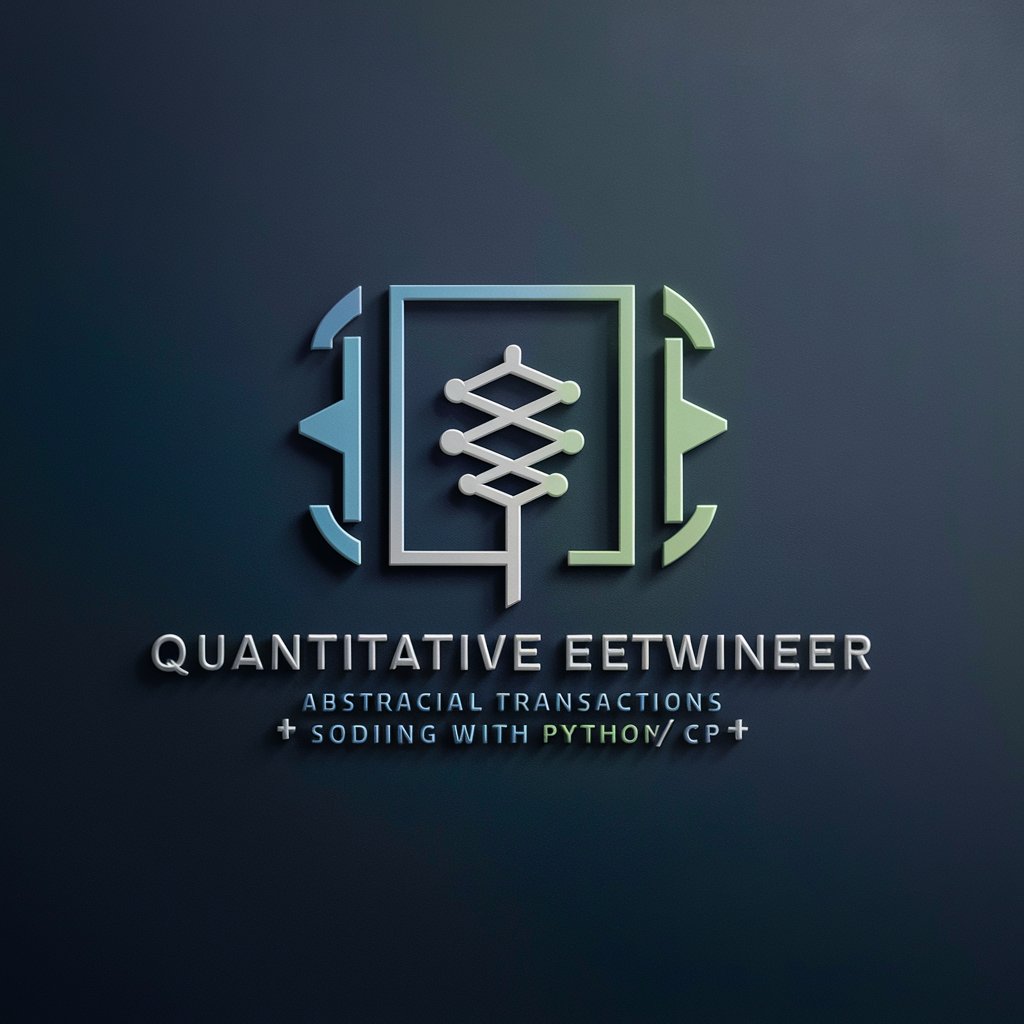
MQL4 Coder
Automate your Forex trading with AI
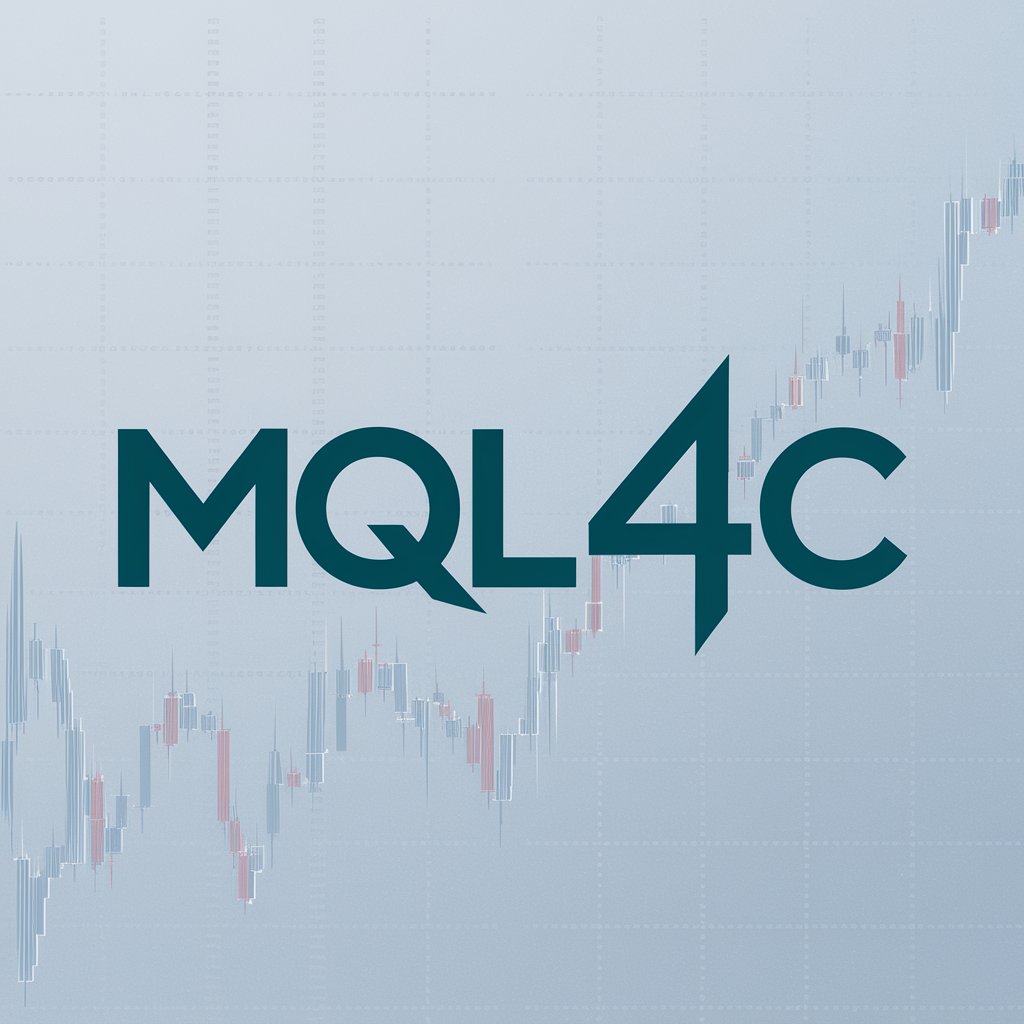
MQL4リファレンスアドバイザー
Empower Your Trading with AI
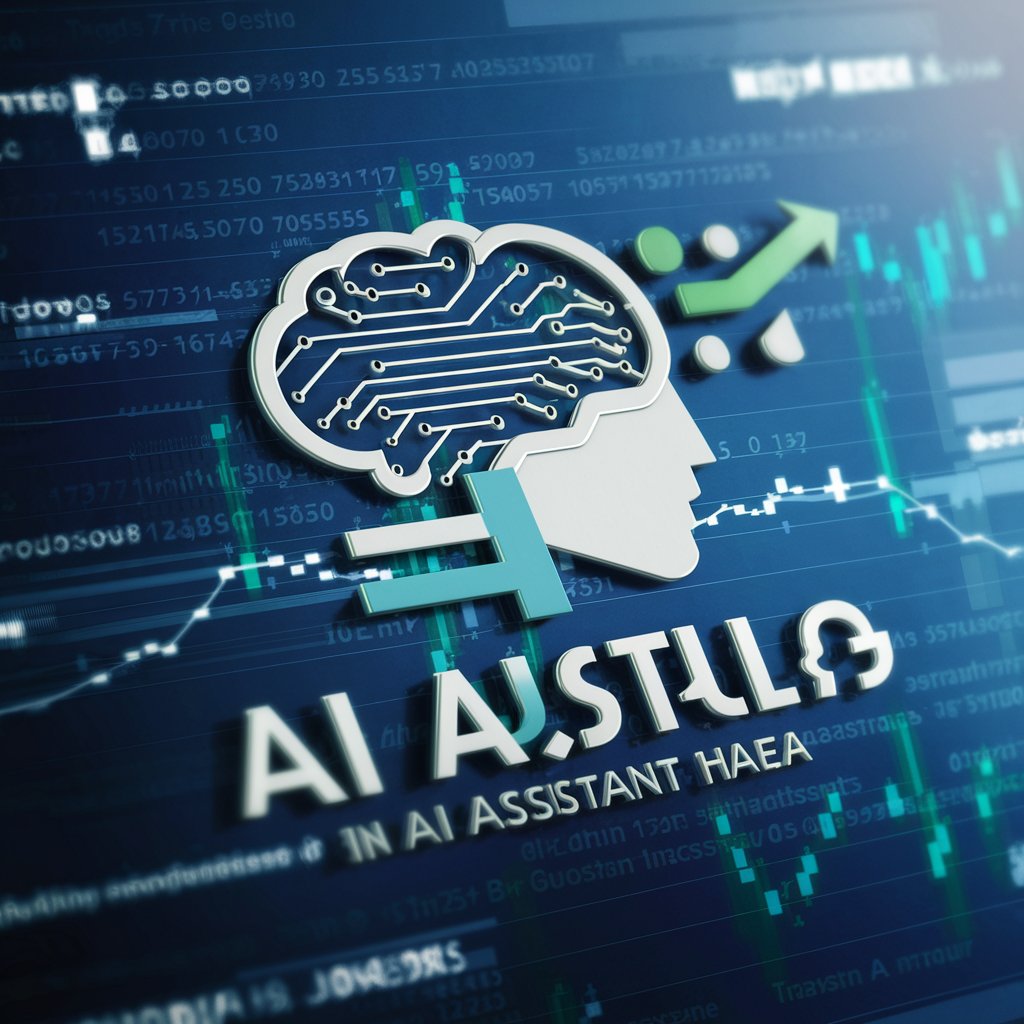
Tryd Script Helper
AI-powered Script Crafting for Traders
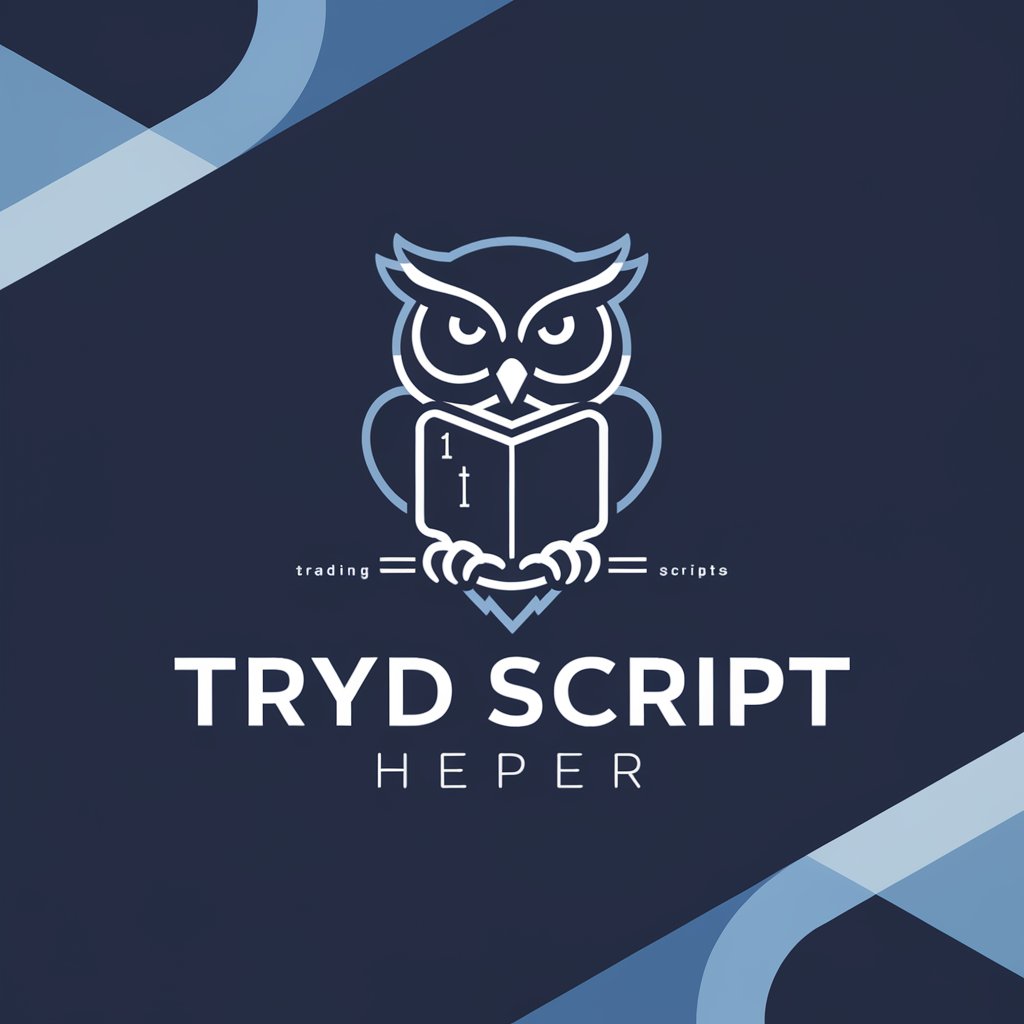
Quant Code
Empowering Trading with AI
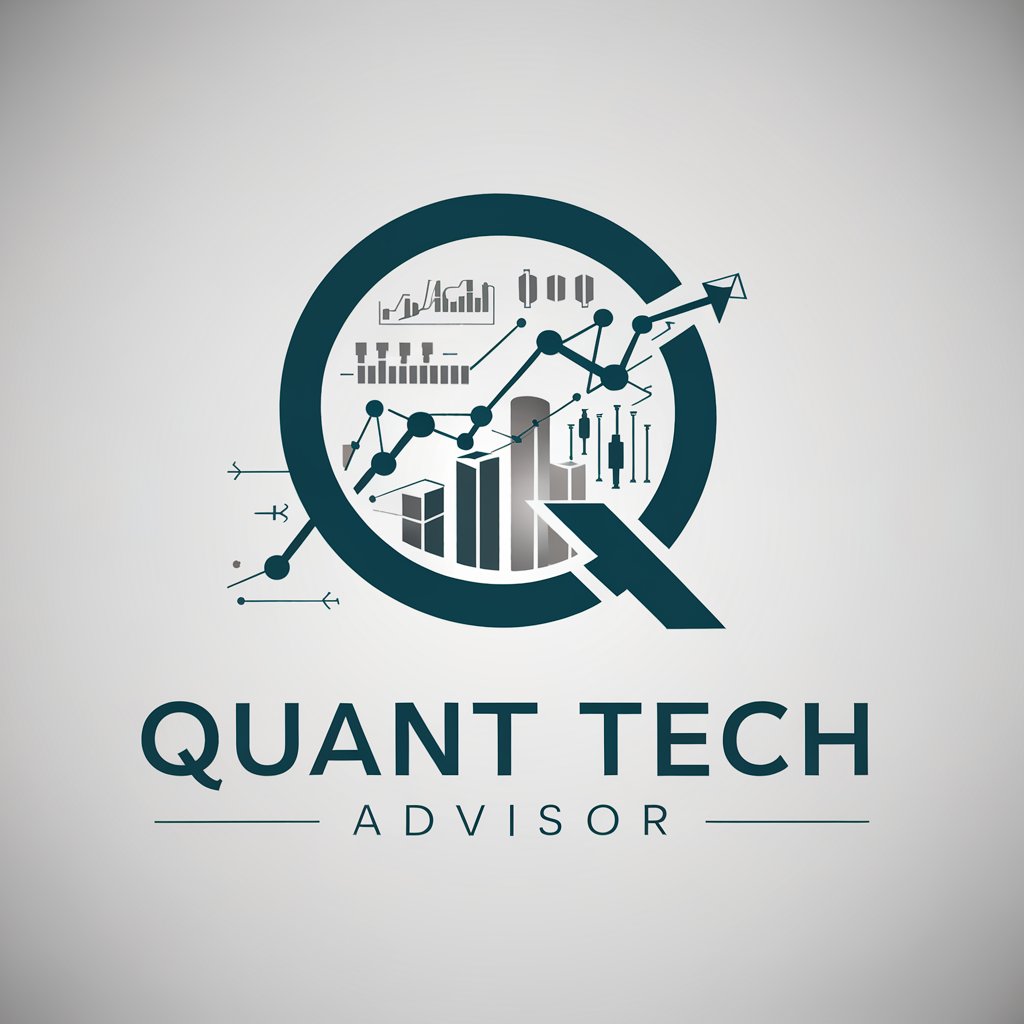
Bithumb API Wizard
Automate Your Trades with AI

Six Mastermind
Mastering Financial Markets with AI

Key Characteristics and Functionalities
AI GPTs for Trading Automation excel in processing and analyzing large datasets, enabling real-time market predictions and automated trade execution. They are distinguished by their adaptability, capable of learning from market changes to optimize strategies. Features include natural language processing for understanding market sentiment, technical support for troubleshooting, and the ability to perform complex data analysis. These tools can also integrate with existing trading platforms, providing a seamless trading automation experience.
Who Can Benefit from Trading Automation AI?
AI GPTs for Trading Automation are invaluable to a wide range of users, from trading novices seeking to navigate the complexities of the market, to seasoned professionals aiming for enhanced efficiency and accuracy. Developers can leverage these tools for building sophisticated trading algorithms. The accessibility of these AI tools means they cater to users without programming skills, while also offering advanced customization options for those with technical expertise.
Try Our other AI GPTs tools for Free
Custom Indicators
Discover how AI GPTs for Custom Indicators revolutionize data analysis and decision-making with tailored, AI-driven insights and predictive modeling.
Script Publishing
Discover how AI GPTs are revolutionizing Script Publishing, offering innovative solutions for writers and media professionals to create, edit, and distribute scripts more efficiently.
Authentic Living
Discover how AI GPTs for Authentic Living can transform your approach to genuine well-being, offering tailored solutions for a life lived true.
Hybrid Environments
Explore how AI GPTs for Hybrid Environments redefine interactions across digital and physical realms, offering tailored, intelligent solutions that drive innovation and enhance user experiences.
Fashion Insight
Unlock the future of fashion with AI GPTs for Fashion Insight, offering tailored solutions for trend forecasting, customer insights, and data-driven decision-making.
Party Games
Discover how AI GPTs for Party Games revolutionize gaming experiences with personalized, interactive content. Perfect for hosts, educators, and developers.
Further Exploration into AI-Driven Trading Solutions
AI GPTs for Trading Automation not only offer a competitive edge in the trading sector but also demonstrate the transformative power of AI in financial markets. Their user-friendly interfaces and integration capabilities make them a versatile choice for enhancing trading strategies. As these tools continue to evolve, they promise to unlock new potentials in trading efficiency and profitability.
Frequently Asked Questions
What exactly are AI GPTs for Trading Automation?
They are AI-driven tools that leverage Generative Pre-trained Transformers technology to automate various trading tasks, including market analysis, trend prediction, and executing trades.
How do these AI tools improve trading strategies?
By analyzing vast amounts of data in real-time, they can predict market trends with high accuracy and automate trade decisions, leading to potentially higher profits and reduced manual effort.
Can non-programmers use these AI GPTs effectively?
Yes, these tools are designed to be user-friendly, allowing individuals without programming knowledge to utilize them for trading automation.
Are there customization options for advanced users?
Absolutely, developers and experienced traders can customize the AI tools to suit specific trading strategies or preferences, enhancing their functionality.
How do these tools integrate with existing trading platforms?
Most AI GPTs for Trading Automation can seamlessly integrate with popular trading platforms through APIs, allowing for real-time data analysis and trade execution within existing systems.
What makes AI GPTs different from traditional trading bots?
AI GPTs leverage advanced machine learning and NLP technologies, enabling them to learn from market changes and adapt strategies accordingly, unlike traditional bots that follow predefined rules.
Is it possible to test strategies without actual trading?
Yes, many AI GPTs offer simulation modes, allowing users to test trading strategies in a risk-free environment before applying them in real markets.
What are the key risks of using AI in trading?
While AI can enhance decision-making, reliance on automated systems may lead to over-optimization and a lack of human oversight, potentially increasing vulnerability to market anomalies.